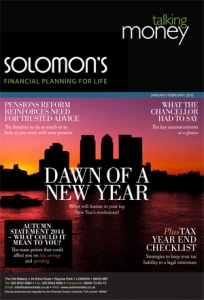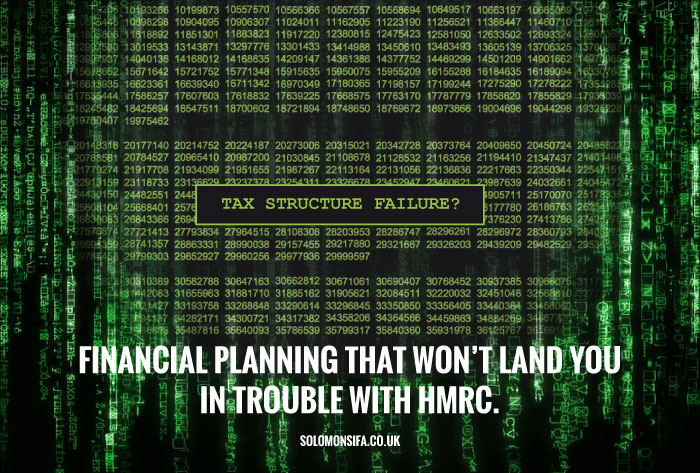Warning to Landlords (and others)

Warning to Landlords (and others)
The Government has made it very clear that tax evasion (not paying due taxes) is illegal and will be prosecuted. Whilst we may all have an opinion about the fairness of the law, failing to pay taxes invariably carries with it the real prospect of prison.
Richard Fuller found this to the cost of his liberty. As a landlord with various properties he failed to properly declare and pay the capital gains tax that was due on those he sold between 2006 and 2013. As a result, he evaded £157,725 of capital gains tax. As of last Friday, he has now begun a 27-month prison sentence and of course assets are being taken to pay the correct tax.

Hidden costs but not hidden taxes
Whilst there will always be people that do well from property investments, the reality is that property is not very liquid. There are also many forgotten or hidden costs – such as purchase and sale costs, insurance, lost rent, improvements, accountancy costs and of course tax on the gains.
It is never worth evading tax. It is illegal and anyone doing so will still find plenty of room at her Majesty’s prison service, despite reports of overcrowding. Mr Fuller was found guilty of cheating the public revenue and fraud by false representation by a jury at Winchester Crown Court.
What the Taxman said..
Richard Wilkinson, Assistant Director, Fraud Investigation Service, HMRC, said:
“Fuller thought he was above the law and decided not to declare or pay the tax due from the sale of some of his property portfolio. It is simply not acceptable to steal from UK taxpayers.
“HMRC will continue to pursue those who attempt to hide their gains on assets, their income, and investigate those who attack the tax system. We ask anyone with information about suspected tax fraud to contact our Fraud Hotline on 0800 788 887.”
Evasion is not Avoidance
In short, don’t mess with HMRC. It is never worth it. Tax evasion is illegal, tax avoidance (which is using legitimate arrangements within the tax laws – such as ISAs, pensions etc) is something that the Government encourage to help reduce reliance upon the State and invest in the UK economy.
Dominic Thomas
Solomons IFA
You can read more articles about Pensions, Wealth Management, Retirement, Investments, Financial Planning and Estate Planning on my blog which gets updated every week. If you would like to talk to me about your personal wealth planning and how we can make you stay wealthier for longer then please get in touch by calling 08000 736 273 or email info@solomonsifa.co.uk





